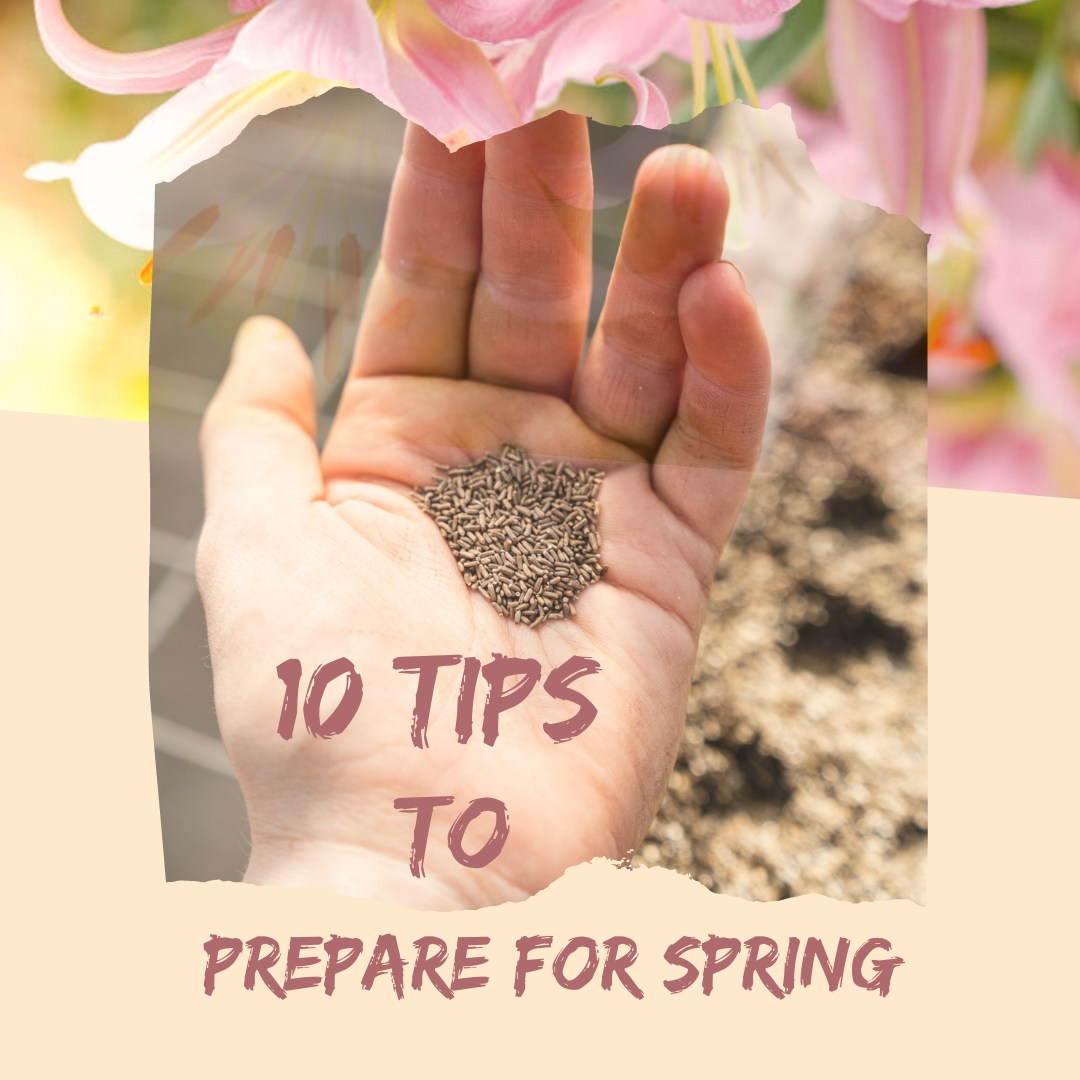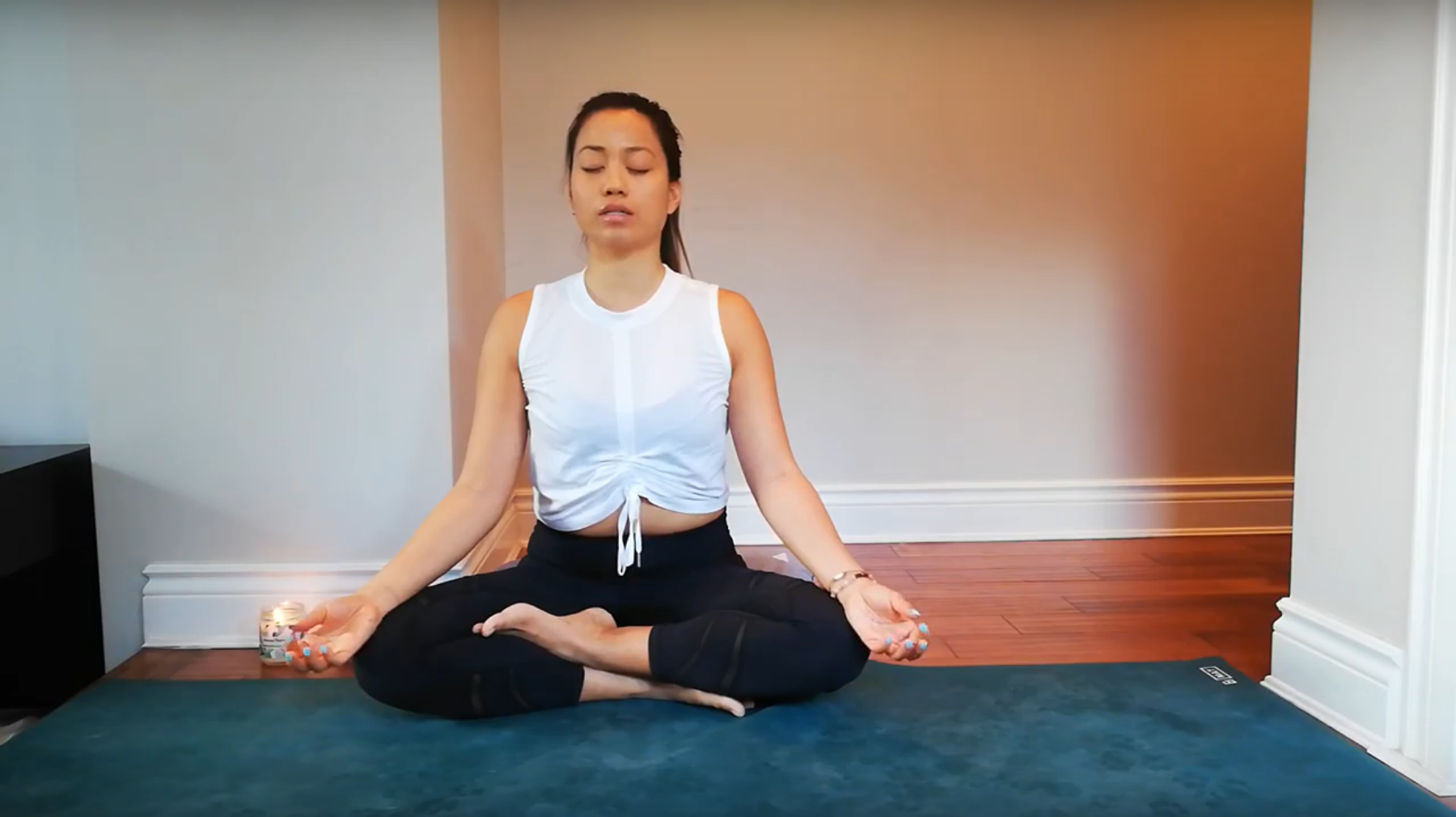A Gentle Reminder (We're all in this together!)
(originally drafted on March 19, 2020)
We’re all in this together.
Hi Future Self.
When you read this, hopefully, much time has passed and you will have realized what a learning curve you have overcome during the past days (weeks, months) that have lapsed. You have actually realized what slowing down and its challenges can present for you. You have learned to confront many of your own shadows, mental breakdowns, and habits that come back to haunt you. You have been offered time to rest, reflect, connect (with yourself), and above all, admit that it’s okay to not feel okay. But actually, you are fine. You’ve been in dark places before, and you’ve been able to leap over these periods of Unknown with boundless faith and forgiveness.
So, if you are still reading this, you may be looking for some inspiration or personal reference for new things to jump into, skills to embark on, or books to embrace inner positivity and wisdom.
Here we go!
10 GENTLE DAILY REMINDERS
I feel safe in my body.
All of your emotions are valid.
Some days you will be feeling absolutely refreshed, high-energy, productive and focused.
Other days: exhausted, foggy, drained, confused, in dismay.
Woven in between: deeply hurt, strained reaching out for connection, lonely.
Accept that all of your emotions have a place in your mind and take grave consideration how they are affecting your daily functioning. Are they temporary feelings? Do they linger and provoke other triggers?
Keeping connected virtually and physically may be more difficult than speculated.
I really recommend assessing if investing in psychotherapy or a psychiatrist via virtual Zoom sessions is something beneficial for you. Mental health is just as much a priority as physical health.
Movement as stress relief.
2. Get fresh air, get moving, incorporate exercise into your routine.
Whether that’s a daily walk around the block, jumping jacks at home, or tuning into your favourite livestream yoga class, make a designated space and timeslot for it during the day.
it’s easy to fall into two streams:
no movement and a reluctance to move at all
working out to the point of burnout and creating inflammation in the body
You want to find a happy medium between not moving at all, and moving too much that it hurts for your physically sit up for regular tasks.
Disconnect from your screens.
Connect back to Nature as therapy.
3. Limit your daily intake of news and social media.
Although we have been glued to our devices as of late, considering our physical limitations from the outside world, we are spending alot more time in the mornings and before bed staring at screens to help us ‘stay up-to-date’ or ‘fall asleep.’
Blue screens don’t necessarily do that - if anything, longer exposure time to blue screens cause us to get anxious, alert, and unsettled. Consider that your cortisol levels (that trigger your fight or flight response) are also at their highest when you first wake up. Do you really want to spend the first few moments before getting out of bed reading up on how many new deaths there are in the world?
Consider using an activity tracker to measure how much time you spend passively looking at apps such as Instagram and Facebook. Is this time well used or well wasted while absorbing useful and also useless information? Check out these activity tracking apps:
Also, get out into Nature! With the reduced usage of car travel and pollution, the grass has been glowing this season, seasonal flowers in full bloom, and many fauna out to explore out of their natural habitats. Being outside in nature for ~20 minutes has significant benefits on decreasing anxiety, depression, anger, and relieves grief, temporary joint pain, and reduces blood pressure.
Set up emotional boundaries.
4. Set healthy boundaries when to chat with friends and family.
This is a BIG ONE! And by that, I know it is especially hard when we miss the presence of having our loved ones and friends physically around. Especially with the current social distancing rules lifting (more people from different households are permitted to hang out together), there may seem to be a larger implication to see friends and family members that we have not heard from or seen since before the lockdown began. Zoom, Skype, FaceTime, and even the regular voice-calls can run longer than expected, due to an overgiving or overcompensation effect of being able to share more than usual with loved ones. Be mindful if you feel like you are giving too much of your own energy away and/or taking on the energy of others in order to feel ‘connected.’
With more time spent at home and less noise and distractions from the busy, working lifestyle, people are using their modes of communication as coping mechaniisms to feel supported during this time. However, learn when to turn off, ignore the notifications, set aside a fraction of your day only for leisurely calls, as updating people through communication nowadays can be very energy consuming and filled with a lot of dread!
Status: “Out of Office”
5. Put an out-of-office reply in your email inbox.
Yes, we would all like to think we are “busy” and “productive” at the moment as we sit glued to our screens at home. Setting firm boundaries for yourself when you will give yalour clients and recipients your undivided attention (think during the day and not at 11PM at night). Turn off push notifications to your phone unless you are expecting something urgent and time-sensitive like a parcel delivery to your door. I like to think segmenting 3-4 weekdays of the week and spending 1-2 hours answering emails on those days (i.e. Monday, Tuesday, Wednesday, Thursday) allows me to give my full, undivided attention without feeling like I am constantly “on” and draining my down time, waiting for another person’s response.
Nutrition is medicine.
6. Consider your nutrition.
Food is medicinal. Eating regularly and maintaining a balanced diet of whole, unprocessed foods as recommended by Canada’s Daily Food Guide will keep you in optimal energy, maintain mood regulation, and fight off environmental stressors caused by the current pandemic.
Did you know that your gut health contributes to a large percentage of your immunity and your overall sense of well-being? Consider pro-biotics or consuming more fermented foods such as kim chi, yogurt, or sauerkraut to get the gut flora active!
Stay Hydrated.
7. Stay Hydrated.
As human beings we are comprised mainly (80%) of water so starting and ending your day with the recommended daily intake of water (~8 cups of water) will help bring your body to equilibrium, flush toxins out, and be able to absorb water-soluble and nutrients to excrete the proper hormones and keep your body in a steady state. role in conducting nervous impulses, contracting muscles, keeping you hydrated and regulating your body’s pH level
Consider consuming electrolytes daily, which help in muscle contraction and hydration, metabolism of minerals, and regulating your body’s pH level to avoid inflammation. You can consume electrolytes following a moderate to high-intensity work-out, a long distance run, or after a strenuous activity outdoors (i.e gardening or yard work). You can find electrolytes in coconut water, fortified nut milks (almond, oat, cashew), fruit and vegetables (banana, avocado, and sweet potato) or through taking supplements like Calcium and Sodium.
Be Mindful of How You Share Your Energy.
8. Consider what is an energetic exchange, investment, or donation.
It is normal around this time to feel that charitable requests are common as many people come up with loss of job wages, job positions, raises, and even the capacity to maintain their jobs while taking care of family dependents and sick members. In a time where many of us are feeling giving, compassionate, and generous, take in mind what you are willingly wanting to give away of your time, value, and energy, and what can be overlooked as a misjudgment or presumption from others that may be gluttonous or from a place of greed. Create safe boundaries of what you can give away while still feeling like your cup is full and not fully depleted. (You don’t have to give away anything at all for free if you don’t feel like you can afford to or don’t want to sacrifice this energy at this time. All positions are valid.)
Explore Your Inner Child
(Image from Our Food Stories.)
9. Try out new hobbies, skills, languages, recipes, and cleaning techniques.
Now is the time to explore your Inner Child! Get a little creative! A litle crazy even! Have you walked in your neighbourhood and noticed children’s drawings of their depictions of ‘Community’ posted on their windows?
What are you curious to try and get better at?
Or have simply been putting off and neglecting?
Perhaps you want to try your hand at baking?
Or learning a new language?
Consider Meditation & Journaling as Coping Tools
10. Consider a Meditation and/or Journaling Practice.
I highly recommend taking at least 10-20 minutes a day (even more, if you have the time) to meditate, without a phone, technology, or other distractions that will inhibit you from maintaining this regular practice.
You can do this from bed, in the living room, in the garage, even out in a local park!
Start with 5 minute sessions of sitting daily and gradually begin to increase the duration to 10 minutes then 15 minutes a day. The goal isn’t to see ‘how long’ you can stay in meditation or ‘stoic’ for. The goal is to keep up with regularly showing up for yourself to observe the mind. Some days the inner chatter will be VERY LOUD and ongoing. Other days, you will feel like you are bathing in a grass of serenity. Meet yourself daily in your meditation spot, whatever it looks like.
Bring a journal with you to record down any visions, colours, qualities of physical surroundings of you following your meditation. I often see colours unearthed from nature when I meditate outdoors in nature.Because I meditate in the morning, I also like to write down the quality of my breath, any lingering worries or dreams that may have drifted into my mind since waking up. You can meditate any time during the day: morning, midday, afternoon, evening, before bed - whenever you can find the time and set up the sacred space to do it, just START!
Please read my blog post on Meditation & Mindfulness if you are interested in getting started. Also, read The Art of Journaling on tips to keep yourself accountable following a meditation practice.














